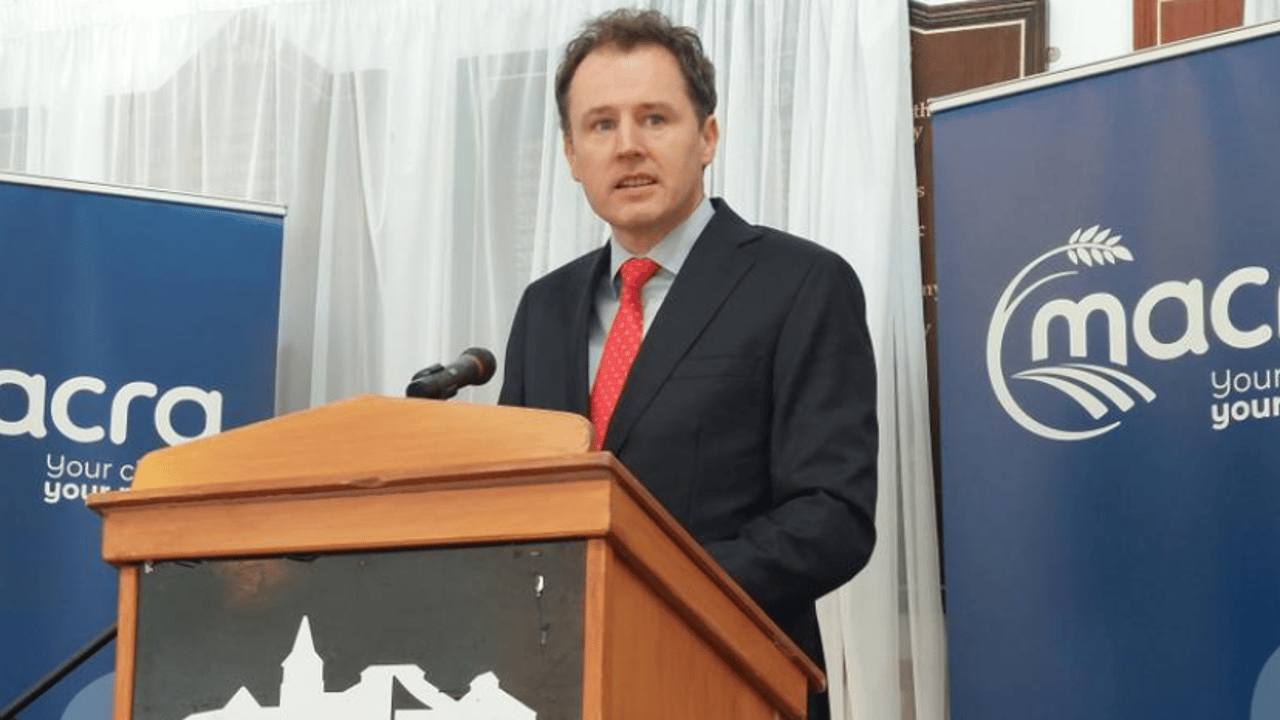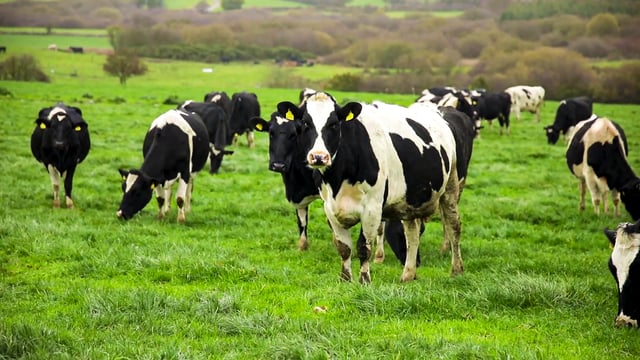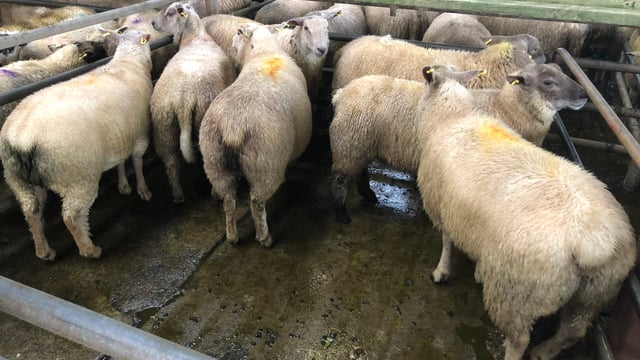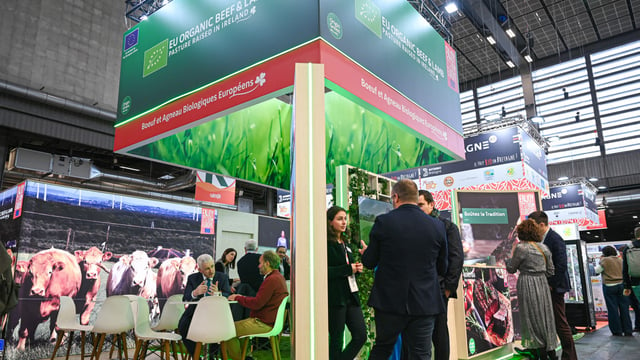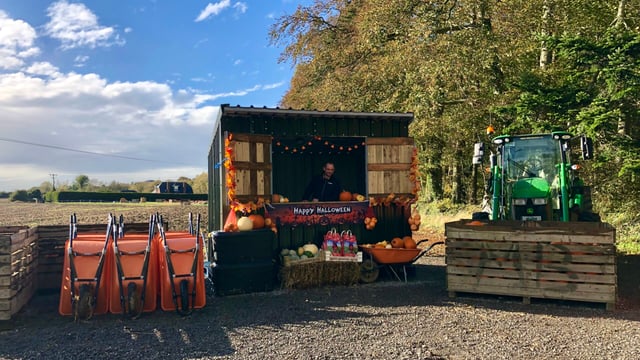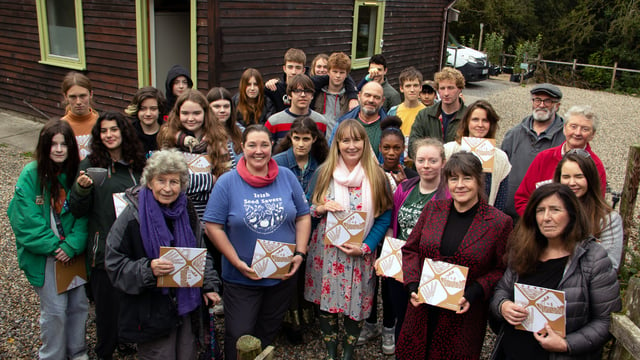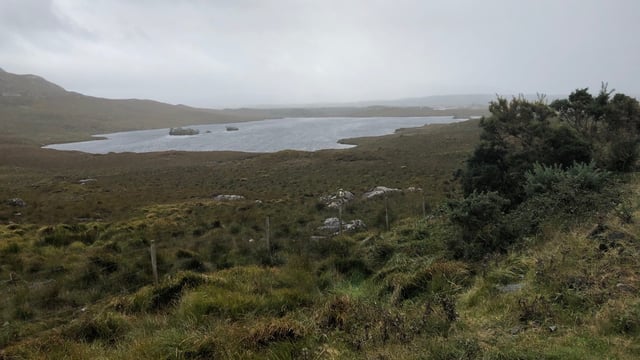Supporting young farmers financially is a key priority - McConalogue
Supporting young farmers financially through "targeted and taxation supports" is a key priority, the Minister for Agriculture, Food and the Marine Charlie McConalogue has vowed.
MInister McConalogue told young farmers from across Ireland who had gathered at the 2022 Macra conference in Co. Tipperary today (Saturday, October 29) that the government will continue to support farmers through "national funding" as well as through the next Common Agricultural Policy (CAP) strategic plan.
Great to speak at the @MacranaFeirme national conference in @GN_Ballykisteen today.
— Charlie McConalogue (@McConalogue) October 29, 2022
Both Macra and I share the ambition to make tomorrow better than today for our farm families. pic.twitter.com/78NsgJPAWC
The minister detailed that under the next €10 billion CAP plan, supports for young farmers will include a complementary income support for young farmers which will deliver an annual allocation of 3% of the direct payments ceiling, an estimated €35 million, to young farmers annually
"It is also important to note that this payment is no longer linked to payment entitlements, which removes a barrier to entry – you no longer need an entitlement to get this payment," McConalogue said.
The minister also outlined that the on-farm capital investment scheme under the CAP strategic plan (CSP) will apply a higher grant rate of 60% for qualified young farmers.
"The CSP will also build on the current collaborative farming grant by providing a parallel support for older farmers towards the professional costs, such as legal, taxation and advisory, incurred for the establishment of a registered farm partnership, and advice in relation to succession and/or retirement," he said.
McConalogue said that there were also a number of taxation measures at national level which are aimed at young farmers, both to facilitate succession and to support their establishment, estimated to be worth some €200 million per annum.
Macra rally
He stressed at the Macra rally that succession and the early transfer of family farms is supported by agricultural relief from capital acquisitions tax and stamp duty exemptions.
McConalogue also confirmed that he is currently working with government colleagues to develop a new investment scheme, the "growth and sustainability loan scheme", which he hopes to launch in the coming months.
The minister faced a robust question-and-answer session at the rally with young farmers determined not to hold back on their current frustrations and their concerns for the future.
Chief among those concerns is the potential impact of the current Food Vision 2030 groups and the implications of what recommendations outlined in these reports might have on young farmers' futures.
McConalogue told the Macra rally that Food Vision 2030 is the strategy the industry "has signed up to".
He said it would be "the lighthouse for the industry between now and the end of the decade" and it would the country's guide to ensuring more "environmentally sustainable placing farm incomes".
"We can’t just say we are sustainable, we can’t just rely on what earned our reputation up to now," McConalogue stressed.
"Food Vision is not the only answer to our challenges. It is the framework within which we all must work together to achieve our ambitions."
The minister acknowledged that the discussions on the future that the Food Vision 2030 groups are engaged in has " been a long and difficult process " but he believes that working together "constructively" is the best way forward.
The Minister for Agriculture, Food and the Marine also told Macra members that young farmers are the "bedrock" of the agri-food sector and were the pioneers who will take Ireland on a journey over the course of the next decade.

